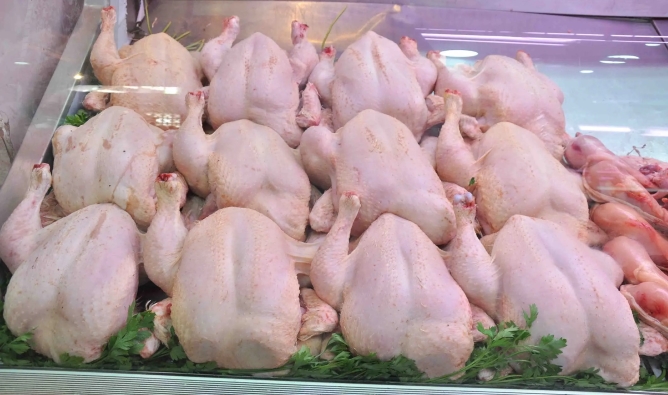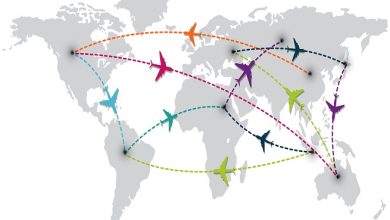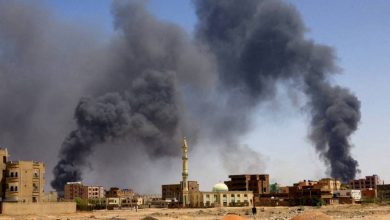Importing Poultry – A Conflict of Interests

Report – Rehab Abdullah
After issuing the decision to open the import of slaughtered poultry from abroad to fill the gap in production, Dr. Hassan Abdullah Al-Tom, the Undersecretary of the Ministry of Animal Resources, the source of the decision, faced a violent attack from stakeholders who criticized him violently.
Some described the decision as shocking and that it had disastrous effects in deviating from the strategy of shifting consumer behaviour to white meat, in addition to it demotivating production and producers and wiping the poultry sector from the country’s investment map.
However, the Undersecretary justified opening the import of slaughtered poultry due to the security conditions in Khartoum State because of the ongoing war in the country where many poultry production departments lost much of their production and the complete destruction of the poultry farms. This caused a large gap in poultry meat in the country after the April 15 war, indicating that the decision came based on a survey of a number of states and confirmation of scarcity.
This decision came at a time when members of the Poultry Producers Chamber denied this justification and confirmed that Khartoum state farms operate with high efficiency and were not damaged, which contradicts the reality of life that made all poultry companies transfer their activities from Khartoum to the states.
Sudan Events indicates a significant increase in the prices of chicken and eggs, as the price of a kilo in the city of Shendi, the Nile River, reached (4,000) pounds, while the price of a plate of eggs reached (4,500) pounds – a price of 150 pounds per piece, with clear scarcity the markets. Accordingly, it is clear that a beginning of conflict is erupting out of fear for interests, ignoring the interest of the citizen and showing the greed of poultry producers.
It should be noted that poultry producers previously indicated that there are companies that follow a policy of drying up the market in order to maintain poultry prices in the market, and that the companies are in control of determining the quantities produced and the prices of chicken in Sudan.
Some observers believe that, through what is happening, the poultry companies in Sudan represent a mafia that controls prices in complete coordination between them and the members of the Poultry Producers Chamber, and in this way the process of supply and demand is negated.
It is evident that economic experts moved a step ahead and that the import decision is on the basis that the current economic situation does not allow the import of chickens. They considered that at the present time, chicken is wasting the country’s badly needed foreign exchange resources, noting the importance of limiting imports to necessities.
The total current poultry production in Sudan is 80,153 tons, 80% of which is produced by Khartoum State, while the current production of eggs in Sudan is estimated at about 41,000 tons per year.



